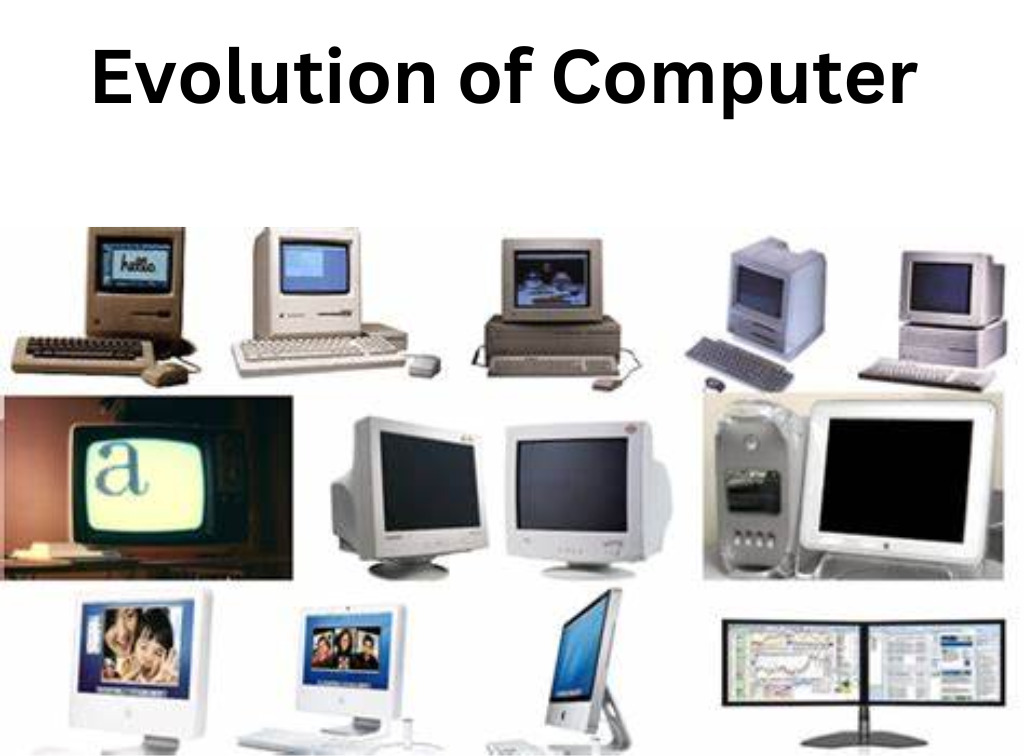In our rapidly accelerating digital age, the road the computing technology has travelled is remarkable. The transformation of computers has been steady and inevitable, evolving from gargantuan, room-filling devices to ubiquitously personal mates that effortlessly fit into our pockets. This article delves into the fascinating development of computers from technical tools to personal companions and contemplates the possibilities in our future.

Charting the Journey: Evolution of Computers into Personal Aides
The inception of computers in the 1950s was marked by colossal machines that performed simple mathematical operations. With time, the size of these machines significantly declined, and their capabilities exponentially increased. Transistors replaced the cumbersome vacuum tubes, paving the way for the first generation of personal computers in the 1970s. These devices, with their standalone functionality and user-friendly interfaces, were a massive leap from their predecessors, serving diverse purposes from word processing to programming.
Consequent generations of computers witnessed innovation and advancement of a higher scale, becoming increasingly personal and interactive. The 1980s were marked by the advent of Graphical User Interfaces (GUIs), that led to improved user interaction and ease. GUIs transformed the computer from an intimidating machine to a friendly, relatable device. Around the same time, the rise of the Internet marked the beginning of a new era in the evolutionary journey of computers.
The 1990s brought in additional features like laptops and personal digital assistants (PDAs). Detaching from the confines of the desk, computers ventured into people’s hands and laps. In the following decade, the Internet became widespread. Search engines like Google and social media platforms like Facebook transformed computers from mere tools to fit companions, offering personalized recommendations, reminders, and a range of everyday assistance.
The dawn of smartphones in the late 2000s took the concept of personal companionship to another level. Computers shrank to palm-size gadgets, consistent with the changing needs and lifestyle shifts. Equipped with open-source software like Android, smartphones became an integral part of the modern lifestyle, streamlining a plethora of tasks from booking a cab to ordering food and paying bills, making computers the companion of choice in our day-to-day lives.
Today, the rise of Artificial Intelligence is shaping the next stage of our computer companions. Devices like Amazon’s Echo and Google Home are introducing virtual assistants into our homes, which can interact with us, understand our needs, and execute tasks ranging from scheduling appointments to reading audiobooks. These devices are continuously learning, evolving, and adapting to suit our individual preferences, indicating not just a technical evolution but an understanding of human behaviour.
Future Expectations: The Role of Computers as Personal Companions
Looking towards the future, it’s reasonable to predict that computers will become ageless companions growing with us through different stages of our lives, shaped by our changing needs and habits. User interfaces will continue to become more intuitive and seamless to accommodate the rising expectations of users. Coupled with increased speed and power, computers will no longer merely be tools but personal advisors, offering insights and advice based on the data we generate.
Virtual and augmented reality technologies are set to redefine our interaction with computers. The blurring lines between the digital and physical world will coalesce these two realms, making the interaction with digital counterparts as natural as with our human companions. Imagine a computerized personal secretary who not only takes notes but also shares your workspace, follows your eye movements, understands your gestures, and responds accordingly. The implication is profound, unraveling a new dimension of human-computer interaction.
Similarly, wearable technology and bio-integrated computers hint at a future where computing devices become a part of our bodies. From smartwatches replacing handheld phones to medical implants monitoring our health, the possibilities are vast. The sensor technology powering these devices will continue to advance, providing real-time insights and feedback, thereby transforming our understanding and interaction with our bodies.
AI and machine learning will further heighten the sophistication of computers, evolving them from responsive to anticipatory. Personalized algorithms will analyze our digital footprints, predict our preferences, and customize our experiences. Personal companionship would extend beyond day-to-day tasks and could encompass areas such as healthcare, where computers could predict potential health risks based on our digital health footprints.
Looking even further into the future, concepts like quantum computing offer near infinite possibilities. Quantum computers could process information at an unprecedented scale and speed, transforming how we approach problems and how we perceive reality itself. While this seems futuristic, advances are being made far more rapidly than we may realize.
Our relationship with computers is becoming increasingly symbiotic, with computers growing more intelligent and us growing more reliant. As we gear up for a future where digital companions are an entitlement rather than a luxury, it’s essential to consider the ethical implications and privacy concerns. This intertwined future brings forth exciting possibilities but also requires stringent boundaries and standards to prevent potential misuse and to keep human-human interaction at the core of our societies.
The journey of computers from large, impersonal machines to personal companions is nothing short of an epic. Their evolution parallels our journey as a technologically advanced species, with computers consistently adapting to meet our needs – often before we even realize we have them. The future promises even more exciting developments, with computers extending beyond our desk and pockets, becoming integral parts of our bodies and cognition. As we stride into a promising future with our digital companions, let’s take a moment to marvel at the remarkable evolution of computers – an extraordinary testament to our innovative spirit.
Ainu Token aims to offer impartial and trustworthy information on cryptocurrency, finance, trading, and shares. However, we don't provide financial advice and recommend users to conduct their own studies and thorough checks.



Comments (No)